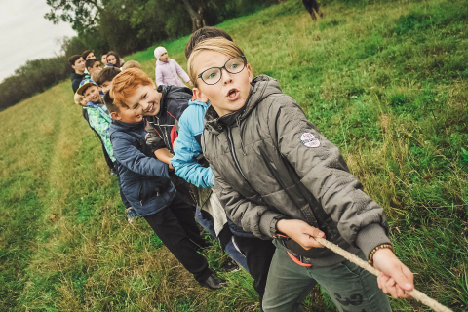Tuition and Billing FAQ´s
FAQ´s
1What forms of payment do you accept?
We accept online payment by Visa or Mastercard. Checks are not accepted.
2Do you offer any discounts?
The following discounts are available:
▪ 5% Payment in Full
▪ 10% Sibling discount, applies to 2nd child
▪ 10 % Military Discount with Military ID
3How do I register for a Spanish Club?
From our website, www.languageprojectkids.com, please select Enroll Now. That connects you to our registration site at Amilia.com. Select your state and then locate your school to register. You will be asked to set-up an account. Please note that there is a one-time 3% site fee. This is assessed at checkout, and it is the same amount whether you choose payment-in-full or monthly payments.
If you do not see your school listed when you click on Enroll Now, it more than likely means that you must register directly through your community education website or recreation website.
4How do I update my payment information?
Please use the following secure link to provide updated payment information:
https://languageprojectkids.com/update-billing-info/
5Spanish Club Commitment and Refund Policy:
The Language Project has a waiting list in most of the schools where we operate. In order to keep students on their language learning journey, your child will be registered for the complete level, which is typically a 30-week commitment throughout the school year. By enrolling your child, you are authorizing payments according to the frequency selected (monthly or payment in full) for the complete level.
Any requests to withdraw must be submitted in writing. A full refund will be issued if your withdrawal request is received at least 10 days prior to the start of a class. This allows us time to fill the spot with another student.
Any cancellation request received after the start of the club year will be processed at the end of the current 10-week unit, and monthly payments will be discontinued at the end of the unit. No refunds will be issued for payment-in-full plans.
6Behavior Expectations
Students are expected to be safe, respectful, and responsible in Spanish club. Parents may be contacted if students are unable to follow these expectations. Teachers and staff may redirect or remove the student from an activity when necessary. If the student continues to be disruptive or inappropriate, is physically aggressive, or presents a risk to others, the student will be dismissed from the program for the remainder of the session without refund.
7Why choose language learning as an afterschool activity?
Unique After-School Activities to Keep Kids Busy (and Build Skills)
Author: Leslie Campos
Photo by Anna Samoylova on Unsplash
After-school activities can be a challenge for both kids and their grown-ups. Finding the right fit is about more than choosing from a list of activities your child's school offers or signing up for an after-school program to fill time before pickup. Consider these out-of-the-box ideas from The Language Project to find the perfect after-school Alternative for your child.


